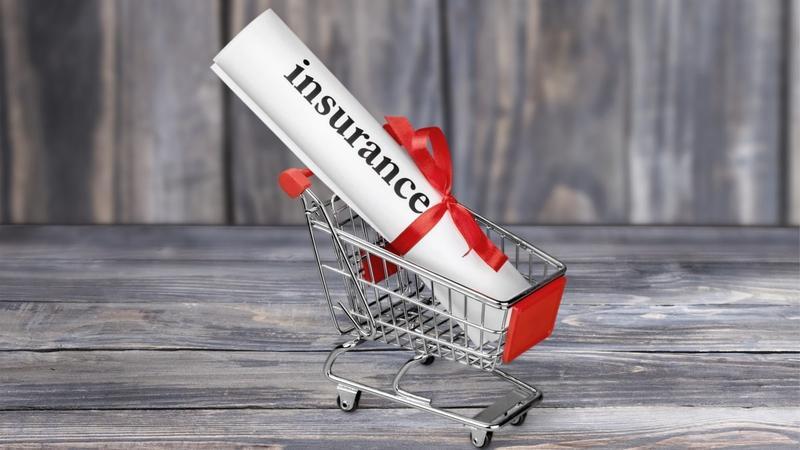While there are some coverages on your car insurance that you’re required by law to carry, most car insurance companies offer a long list of additional, optional coverages that you can pick and choose from to make up the policy that is right for you. Selecting these coverage options without a clear understanding of what they are and whether you actually need them can result in paying for things you don’t need.
Every Driver is Different
Insurance policies have so many optional coverages in order to allow you customize your policy to your specific needs. The options you need on your policy depend on a lot of factors. These include the type of car you drive, how much driving you do, whether you have more than one car, and how often you drive rental cars. All of these factors and more are important in deciding which options to add to your policy.
Sometimes, drivers add options they don’t really need, just in case they might need them in the future. This can result in over-paying for your insurance. One of the easiest ways any driver can keep premiums under control is to make sure there aren’t any unnecessary options on your policy.
Common Insurance Options
The two most common options on car insurance policies are collision and comprehensive coverage. These two may not be optional for you if you have a loan on your car; this is because the lender will require that you carry them as part of your loan terms, protecting their investment. In most cases it’s a good idea to carry these two coverage options, even without a loan, because without them you won’t have any coverage for damage to your own car either in an at-fault accident or any non-accident claim such as theft. There are a few cases where they may not be necessary such as on low-value vehicles where you would pay more for coverage and the deductible that the car is worth.
Beyond those two, you will see options such as: rental car coverage, which extends your coverage to any rental car you are driving, wavier of depreciation, which pays you the full, non-depreciated value of a new car if it is totaled during the first two years, loss of use, which pays for your rental car to use during covered repairs, and roadside assistance.
There may be other options available to you as well, but these are among the most common.
Choosing Your Options
You can choose your options by taking a look at your driving habits and needs. Do you travel a lot and drive rental cars? If so, rental car coverage is a good choice for you. If renting cars is something you do infrequently if ever, then you are likely better off saving your money and skipping that coverage.
If you have roadside assistance elsewhere, such as an automobile club membership or coverage through a new car purchase plan with the dealer, you probably don’t need to be paying for it on your car insurance policy. If you own more than one car and have a back-up car you can use if your main vehicle is being repaired on a claim, you don’t need to pay for loss of use coverage. And of course, waiver of depreciation is only something you need on a brand-new car purchase.
If you don’t understand an option or how it applies to you, ask your agent or a representative of your insurance company to explain it to you. An honest agent will tell you whether or not you really need it, but make your own decision based on what is right for you and your budget for car insurance premiums. Don’t skip an option that is needed just to save money though – there are always other ways to bring your car insurance premiums down.
Avoid Over-Paying with Yearly Reviews
Just like with everything else in life, your car insurance needs change over time. That means that the options you needed a few years ago, you may no longer need. A yearly review of your policy can make sure you’re only paying for what you need.
Look over your car insurance policy on renewal and see if there is anything you no longer need. Making this a yearly habit can keep your car insurance policy accurate, up-to-date, and make sure you are only paying for the coverage you actually need. At renewal, it's also a great time to shop around for insurance quotes to make sure that you're paying the lowest rate.
